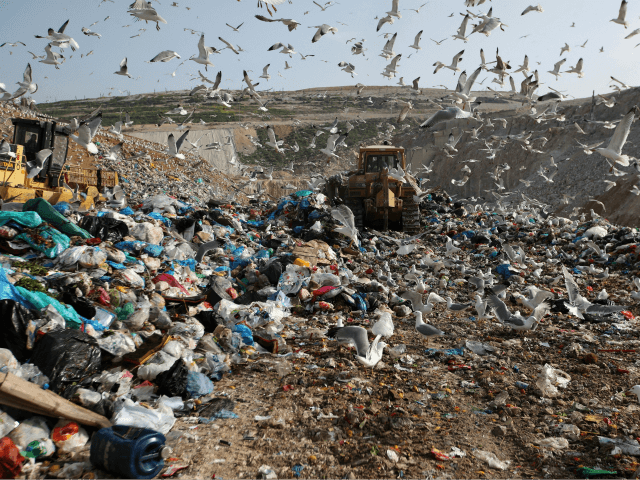From the U.S. to the European Union to Australia, the West is waging war on plastic.
It’s the latest moral panic. Soon, we’re told, there will be more plastic in the sea than there are fish. The floating island of plastic known as the Great Pacific Garbage Patch is now three times the size of France. Fish are becoming so addicted to pollution they actually prefer plastic microbeads to real food. It’s killing whales. Etc.
Of course I can see why governments are keen to be seen responding to this terrible threat. If you’re as desperately useless as Theresa May’s UK government, for example, it makes perfect sense to try to distract everyone from your incompetence by launching bold anti-plastic initiatives which get you a big thumbs up from national treasures like Sir David Attenborough and which don’t cost the public purse much money.
But I wish they wouldn’t bother. As this article from Inside Sources demonstrates – and it really ought to be required reading for all those bansturbators out there working themselves into a righteous frenzy about just how Medieval they’re going to get on plastic’s ass – these plastic bans, in the West at any rate, are a complete waste of space.
Here’s why.
The pollution is predominately fish nets
Interestingly, the primary culprits weren’t straws, cups and plastic bags. In The Ocean Cleanup’s Pacific patch sample, 46 percent was fish nets. When combined with ropes and lines, it amounted to 52 percent of the trash. The rest included hard plastics ranging from large plastic crates and bottle caps to small fragments referred to as microplastics, which comprise 8 percent of the mass. Obviously, this is not simply a consumer waste issue, and the solutions need to address that.
Most of the other pollution comes mainly from Asia or Africa
Some of the waste, such as food packaging, included written material that indicated a significant portion came from Asia. Of these, 30 percent where written in Japanese and 30.8 percent were in Chinese.
Other studies confirm that Asia is a substantial source of ocean garbage. Data in a 2015 Science published study revealed that China and 11 other Asian nations are responsible for 77 percent to 83 percent of plastic waste entering the oceans because of their poor disposal practices. A 2017 Environmental Sciences & Technology study reported that up to 95 percent of plastic waste enters oceans from one of 10 rivers — eight in Asia and two in Africa.
The West’s record, especially America’s, is actually pretty good. This is thanks mainly to technology and good practice, not consumer bans.
The Science article placed the United States as 20th, but its contribution to ocean plastics was just about 1 percent, even though the United States is among the top plastic producers and consumers. Credit goes to modern waste management practices — landfilling, incineration or recycling — and litter control.
There are better, market-driven solutions than bans. And they work
The nonprofit Keep America Beautiful (KAB) has taken the lead in the United States to fight litter since 1953. KAB educates the public through public service announcements — such as the weeping native American ad from the 1970s — and mobilization of businesses, individuals and local governments to implement litter control programs. In fact, KAB reports that U.S. litter has declined by 61 percent since 1969.
Today, The Ocean Cleanup is assuming a similar role to clean the oceans. In addition to offering valuable research, it maintains it has developed and can deploy cleanup technologies that could remove more than 50 percent of the waste from the Pacific patch within five years, which would be quite a remarkable achievement if it can do it without significant harm to wildlife.
I don’t want to diss my friends in government, nor the newspapers that still occasionally commission me to write the odd reasonably well-paid article. But I have to say, it does fill me with despair when conservative newspapers and conservative ministers – you know exactly who you are – play this stupid game of: “We may be conservatives, but we can jolly well be at least as fanatically green as any deranged leftist or enviro-loon, and here is a zealous eco campaign to prove it.”
The whole point about being a conservative is that you go with the evidence and the practical likely outcome, not with the emotive gesture.
Plastic bans won’t save the baby whales. They will cause us a heap of inconvenience and economic damage – neither of which were conservative desiderata. At least not last time I looked.
James Delingpole is a writer, journalist, and columnist. He is the executive editor at Breitbart London Follow him on Twitter: @JamesDelingpole

COMMENTS
Please let us know if you're having issues with commenting.